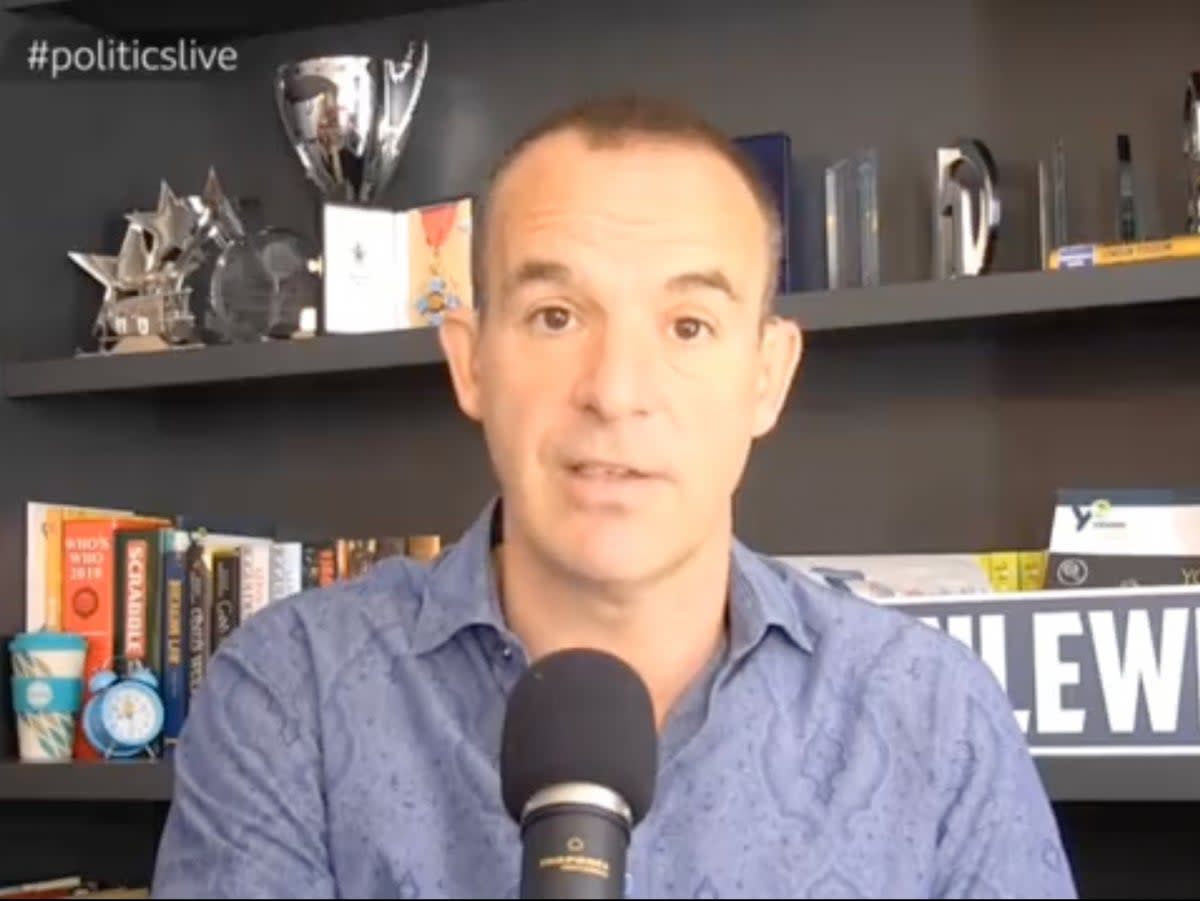Martin Lewis says Elon Musk’s plans for Twitter could increase scams

- Oops!Something went wrong.Please try again later.
Martin Lewis has criticised Elon Musk’s rumoured plans for Twitter verification, claiming that it will increase scams.
Reports indicate that Mr Musk plans to raise the price of Twitter Blue, the company’s subscription service, to $20 dollars per month if verified accounts want to keep their blue tick.
Users will apparently be given 90 days to subscribe or lose the sticker. Employees at Twitter who are working on the project were reportedly told that they need to launch the feature by 7 November or they will be fired.
But Mr Lewis has said that the move could cause users more harm than good. “Having campaigned against PAID-FOR scam ads for years, I’m concerned at rumours Twitter will turn the verified #blueTick into a paid-for option”, he tweeted.
Having campaigned against PAID-FOR scam ads for years, I'm concerned at rumours Twitter will turn the verified #blueTick into a paid-for option.
Scammers, shysters, criminals are likely to be happy to pay for, and manipulate this, for a veneer of legitimacy.— Martin Lewis (@MartinSLewis) October 31, 2022
“Scammers, shysters, criminals are likely to be happy to pay for, and manipulate this, for a veneer of legitimacy.“
Twitter has not publically commented on the plans, but Mr Musk has tweeted about them saying the saying that the “whole verification process is being revamped right now”. Author Stephen King tweeted: “$20 a month to keep my blue check? F*** that, they should pay me.”
In response, Mr Musk said: “We need to pay the bills somehow! Twitter cannot rely entirely on advertisers. How about $8?”
He also added that he would “explain the rationale in longer form before this is implemented. It is the only way to defeat the bots & trolls.”
Experts have suggested that these policies are far from the only way to tackle bots and malicious users on the platform, as well as pointing out that this could affect users who cannot afford the monthly fee.
We need to pay the bills somehow! Twitter cannot rely entirely on advertisers. How about $8?
— Elon Musk (@elonmusk) November 1, 2022
“Do people in poor countries just get considered automatically bots/trolls? You are not going to get enough people to pay for verification that it even makes a dent in costs”, Marcus Hutchins, who runs the Malwaretech blog and famously stopped the WannaCry ransomware attack, tweeted.
Facebook has had real-name policies for years, but generally has the same issues of false users and hateful content despite this. Many others suggest that implementing real-name policies would hinder protections for anonymous accounts sharing valuable information on the site, such as whistleblowers or foreign nationals in repressive countries.

